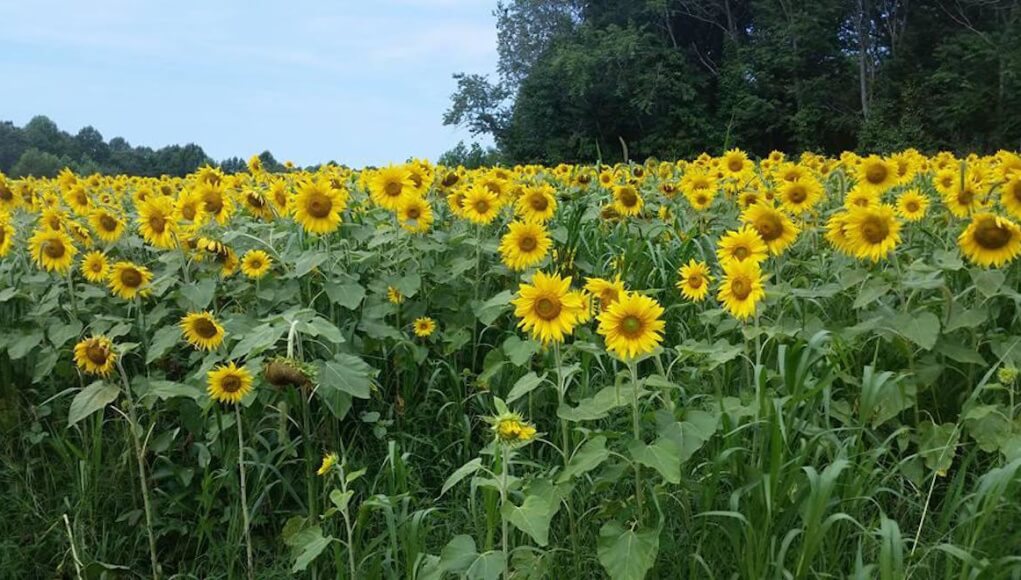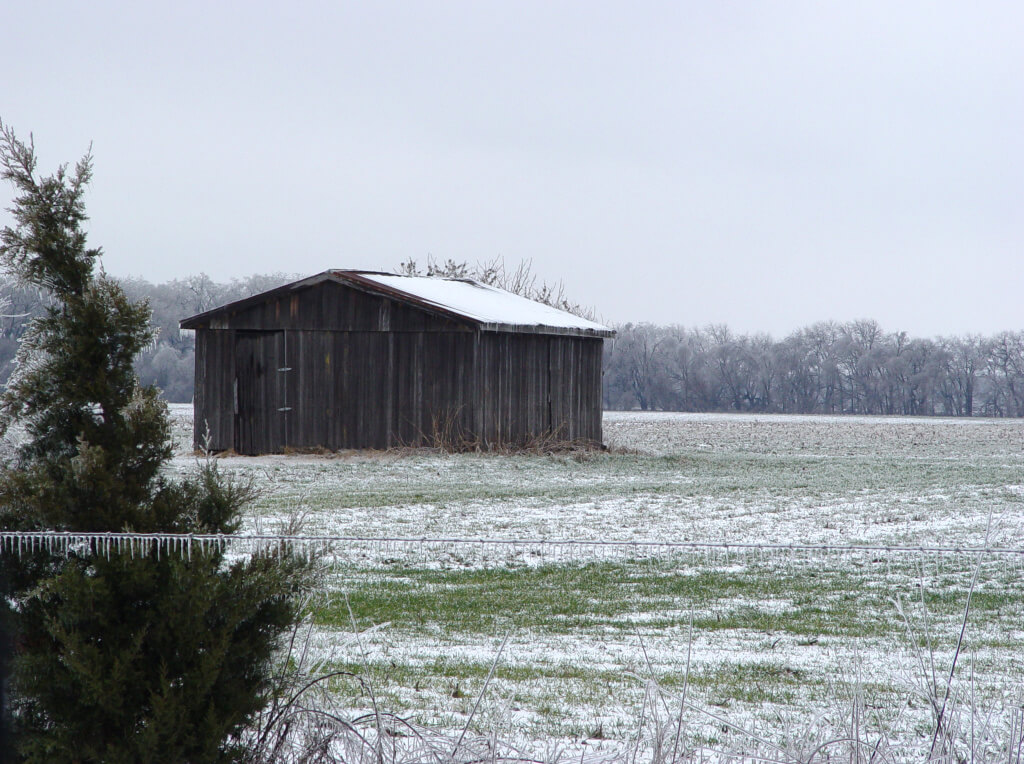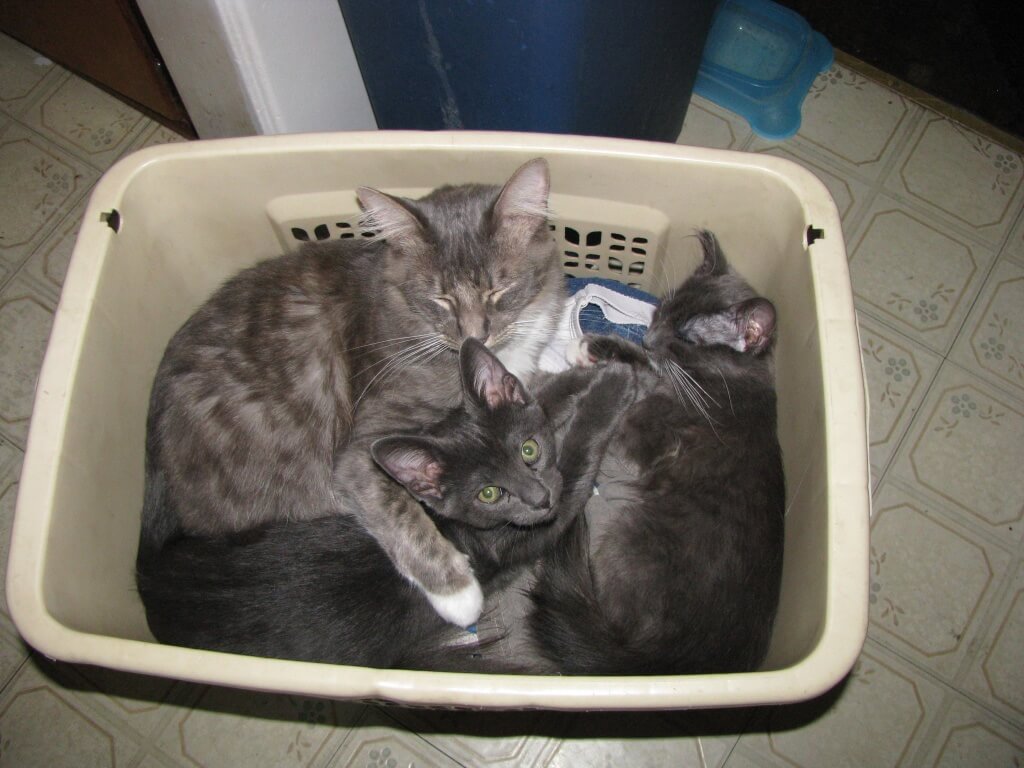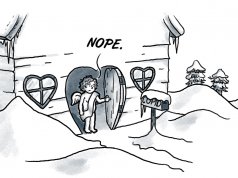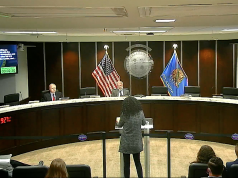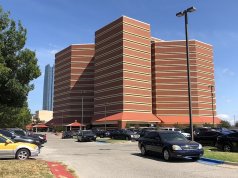
(Editor’s note: Sweet Tea and Sunflowers is a short story from Oklahoma author Andy Bowen.)
When my grandmother was a little girl, things that seem common to me now felt like small luxuries to her then. Things like ripe tomatoes and grape jelly. All my life those things have been bought at the store, but when she was young, they had to be grown or raised or made, and she always swore they were different from the facsimiles known to me now.
Her very favorite of these small pleasures was ice. There were no such things as refrigerators or freezers at the time. Ice had to be gotten at the ice plant in town where it was usually sold in big blocks that weighed more than she did. The workers in the ice plant, however, might take pity on a sweat-matted, disheveled little girl and offer her what they called, “splinters,” in a glass with sweet tea. My grandmother would drink the tea down to get it out of the way, and then she’d take a succession of communions with the splinters, one by one, timing her intervals with the melting of the last one to make the whole worship last as long as it could. She must have done this dozens of times through her childhood, and the ritual never wavered or changed or veered into heresy except one time and through no fault of her own.
Her mother — my great-grandmother, Ida — was shopping and settling accounts through town one year after harvest. My grandmother, who went by Milly, thought she must have been about 9 years old. As Ida made her rounds, Milly went down to the tracks to sit on the dock at the ice plant, guzzle tea and marvel at the splinters.
As she walked up, though, the plant manager was just locking the door. She begged him to please offer her the usual glass, and he just couldn’t say no. But once her glass was full, he locked up and left her there to her ritual, dangling her feet off the concrete loading dock. Just as she finished her tea, Ida came hurrying down the little dirt alley that led down to the dock, waving and shouting for her to, “Come on and hurry-up.” Grandmother left her glass full of ice sitting right there on the edge of the dock. She thought about nothing else the whole walk home.
That’s half a story that grandmother used to tell every time we’d sit out on the porch on a hot day and sip tea. Even she sipped it, by then. I asked her once if ice was just so common these days that it had lost its holiness, and she responded that she hadn’t seen ice in 60 years. Until she died, I’d always thought of the other half of that story as a meandering fairy tale. I figured she’d probably made it up to amuse me when I was young, and then just kept telling it over and over because it amused her.
After her funeral, however — after we’d sung and prayed and cried and shook hands and said, “thank you,” about all we could — me and granddad went back to the house, sat out on the porch and drank sweet tea. And we laughed. We’d had enough of mourning for one day. We could pick that back up tomorrow. That night, we sat there, and we remembered her, and we imitated her, and we made fun of her, and we laughed.
RELATED
‘Birthday,’ a short story by Andy Bowen
At some point, while we caught our breath, it occurred to me what grandmother would be doing right then if she’d been with us. Aside from boiling with anger over being the butt of every joke we told that night, she’d have tried to tell us about the ice plant again. Granddad nodded and said she would. I said that I’d miss that story, and granddad said that we shouldn’t let it die just because she had. He said that from now on, any time we sat and sipped tea, he wanted to hear that story. Starting right then!
So I told it to him, staying as close as I could to what I remembered of her words, and when I got to the point that she left the glass on the edge of the dock, I stopped and leaned back. Granddad said,
“Go on.”
“Go on where.”
“Finish the damn story!”
I said, “That is the damn story!”
“No no no. You know that ain’t the end.”
“You mean the fairy tale part she used to throw in at the end?” And all the levity melted away from granddad’s face. I felt like I’d just done something very sinful inside a church.
“Fairy tale?”
“Well… I mean… you know what I mean.”
“Listen to me, Son. We’ve had a lot of fun tonight at your grandmother’s expense, and by god she deserved it. I spent 61 years scared outta my wits to crack a smile when she stubbed a toe, and laughin’ at her now is so far the only way I’ve hit on to miss her even a little bit less. But that woman did not tell fairy tales. And the part of that story that you’re leavin’ out; the part you wanna leave at the cemetery with her, is by head and shoulders the truest thing she ever told you. If you’re gonna tell this story, tell the whole story. Promise me.”
“Yessir.”
“Promise me!”
“Yessir. I promise.”
“Now let’s hear it.”
“As Ida drug Milly away from the ice plant and away from the shops and away from town, Milly kept tugging and turning to try to look at her glass. About the edge of town she turned just in time to see a train rumble by and shake the glass off the edge of the dock. It shattered on the pavement there next to the ice plant as her mother drug her home. She teared up and stayed teared up the whole rest of the day, even through her prayers and all the way into bed. That night she had a dream, though. She dreamt that she was one of the splinters in her glass. When the glass broke she’d rolled half-melted into a wide crack in the pavement and settled in the dirt. She could hear a big crowd a couple of blocks over in the town square. They sounded as hot as the day they were livin’. She could hear shouts and bottles breaking and the odd pistol shot. She felt glad to be safe at the bottom of the crack.
“As she laid there, the heat unfolded her into something new. She felt opened up, almost like a stretch, but with the little hint of desperation that turns it into a reach. Slowly, she worked her new form down into the dirt, just a half an inch, before she hit something solid. She recognized it as a sunflower seed, but it looked like it’d been chewed on and spit out. It looked dead. She felt so sad for it. She mourned it and held it all through that night, while windows and boot stomps smashed over them and torch light flickered down to their cave, she held the little seed.
In the morning the seed looked swollen and not quite as dead. It didn’t look alive, exactly, but it didn’t look like the pitiful refuse that it had looked the day before. She kept holding it, but now she also watched it. She wanted to understand what was happening. She felt mystified and afraid and safe and important and like she was just exactly where she was supposed to be. Sometimes, at this point, when you weren’t around, granddad, she stop here to tell me that she only ever felt that way one other time; the night you asked her to dance in Tom Watson’s barn.
“She kept watchin’ that seed and waitin’ for somethin’ to happen for what felt like forever. She said she felt so wound up that she started to fear she might wake up, but she had to know what was happening. Finally but suddenly, the seed burst open into something entirely new. It looked at her. It seemed to know her, or maybe be her, in part or in whole, and then it looked up. It stared for a few moments at the sky, and then it reached and stretched and despaired and reached and stretched again. Grandmother watched and watched until she saw it climb higher than any building or airplane or radio tower she’d ever seen and burst open like a rocket on the Fourth of July. Just like a rocket on the Fourth of July. At that moment, she said she felt like she could see everything that ever was or that ever would be, and she said it all felt right to her. All her life she’d try to call up that feeling. She said she’d reach for it all the time, but it only ever came back to her when she was just stretching. Anyway, she woke up feeling different; more like a person, she said, and went back about her life.
“A few weeks later, Ida offered again to take her into town, and when they got there, she went straight to the ice plant. The dock was all that was left standing of the whole building. She never did find out what had happened. She said Ida never would tell her, and by the time she was old enough to find out for herself, she just didn’t care. She walked on down to the building, a little uncertain of what to do, and as she got closer she noticed a sunflower as tall as she was at the time growing right up out of a crack in the pavement by the dock. She ran to it like an old friend, and when she drew up next to it, her foot crunched on something. She looked down, and there was her broken glass.”
When I looked up, granddad sat staring across the pasture behind the house with tears in his eyes. After a bit, he noticed that I was done, and he looked over at me a little embarrassed.
“Boy,” he said, “you tell it almost as good as she ever did.”
“Well, she told it enough times, I doubt I could ever forget it.”
“No, don’t ever forget it.” And he got up and he stretched. He might have reached. In any case, it didn’t feel quite decent for me to see, so I looked down at the ground. He patted me on the knee and said he was turnin’ in, but as he walked by me he put his hand on my shoulder and said,
“Boy, you tell it almost as good as her.”
RELATED
An essay on love: Grandmothers and kittens by Kari Dosh









